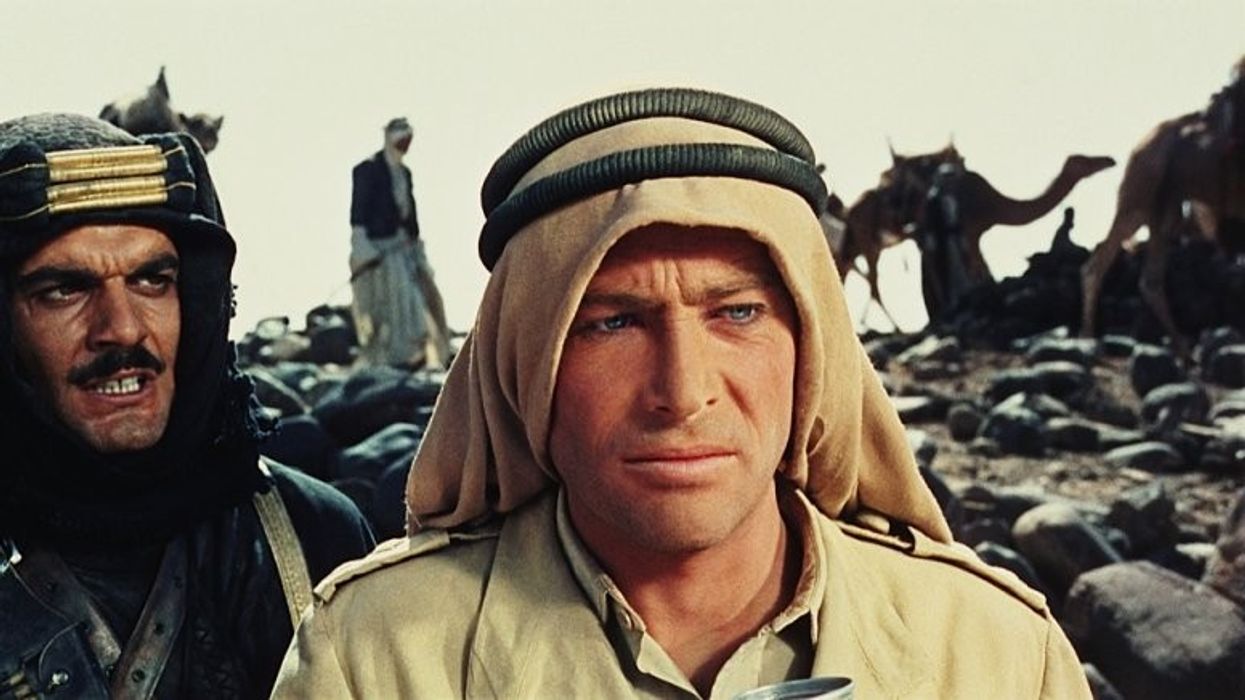What You Should Do If Your Script Feels Short or Overly Long
Screenplay length is the source of much anxiety among many writers. We dispel rumors and get to the heart of the situation.

Screenplay length is one of the hardest things to determine. Often, my advice to writers is to "write long, edit short" -- but that doesn't always apply.
What if you think you're done editing? And what if your script is a little long, like over 120 pages?
Or a little short? Like under 85 pages?
Is There a Magic Screenplay Length?
In a word: No. There is no magic screenplay length.
You can stop reading here if what you need to hear is: "Every story is different and the details and situations dictate the length." But, there are certain lengths that make readers worried before they scroll through your PDF or pick up your script off the stack.
I've talked about my love of Screenwriting Reddit before, and I'll double down here. I'm on the forums every day, scouting articles for us and just trying to contribute amongst the noise. I came across a question about script length -- it's from americanslang59. Check it out below:
First off, 17 people are so many people to get notes from. I don't think my last spec went 17 places in Hollywood.
But you have to wonder if they work within the film and television industry, or are just family and friends. If 17 people within Hollywood tell you not to change a word, then you listen.
What about the request to write longer?!
This is where I get a bit worried.
If someone wants your script to be longer, it means they might feel like they're missing key scenes that allow them to understand character motivation, arcs, and the story.
There's always a chance they just love it so much that they want more, but usually, the desire for more pages is because they need more to connect to on an emotional level.
That means you might need to write those scenes, and then start actually cutting. So while you may see nothing that needs to go, it's time to write everything people see missing and cut from there.
What if my screenplay is too short?
Under 80 pages feels too short for most Hollywood executives. (A Quiet Place was 76 pages, the original spec that went out, and that's largely because the movie lacks dialogue which helps extend page length. That is an exception to the rule here.)
While there are excellent scripts that sell and are much shorter, you want people to feel like the whole story is there. Especially in a traditional film where there are characters and dialogue.
If your script is coming in short, think about scenes that might be missing. Character dynamics or conflicts that could be injected to give the story more emotional beats.
Are you establishing shots in there? Quiet, character moments?
Did you really chase everything that matters? Only you can decide that. But I think 80 to 90 pages is a nice number to shoot for.
What's Wrong If My Script is 120 or More Pages Long?
Look, I know some of the greatest writers of all time have written long movies. But if you're reading this blog, chances are you're not Scott Frank. Or David Mamet. Or Steven Zallian. Unless you are Scott Frank; in that case, please let me buy you lunch or coffee and ask you questions.
Okay, now that my pleading with the universe is out of the way, let's talk about the story.
I came up in the development world. I worked for a powerful producer. We took a ton of specs and turned them into films. But the longer spec, the harder we know it would be to get it into production.
A 123-page spec script is going to be an expensive movie. Without knowing the genre or scale, I can tell you that when I worked in development, we would worry about it. It means more shoot days, more setups, longer times with crews, etc.
Even on dramas set in a contemporary period, 123 pages is daunting.
I also am of the mind that there's always something to cut.
Maybe you have some overly flowery scene descriptions or dialogue that doesn't serve the story. Maybe you have widows and orphans you can snip.
The point is, have you exhausted every turn to cut?
What if I have edited everything?
If you think you've edited everything and you still can't find anything to cut then I guess you're done.
Yup. That's it.
Art is a subjective medium and so is writing.
If your story is perfect, a director and producer will board ASAP. Then cast. In the end, you might be subjected to a studio cutting or butchering the story, but that will happen only after you are paid and your perfect script is disseminated around town, solidifying you as the famous writer I will learn from and buy coffee for.
I'm being facetious. Go get more notes. Try your 18th person.
If there is nothing left, then hit the town with the script and see what happens.
Hollywood is mostly a crapshoot, anyway. So get writing.
What's next? How to write a feature screenplay!
Many people come to No Film School because they want to get information about cameras, gear, and screenwriting. We’re aware that the luxury of attending film school is not available to most of the world, so we do our best to keep you all up to date on what’s out there and how you can shoot and create with your utmost potential when filmmaking.
But what’s at the root of all filmmaking? Storytelling and Screenwriting. We teach you how to do it.












